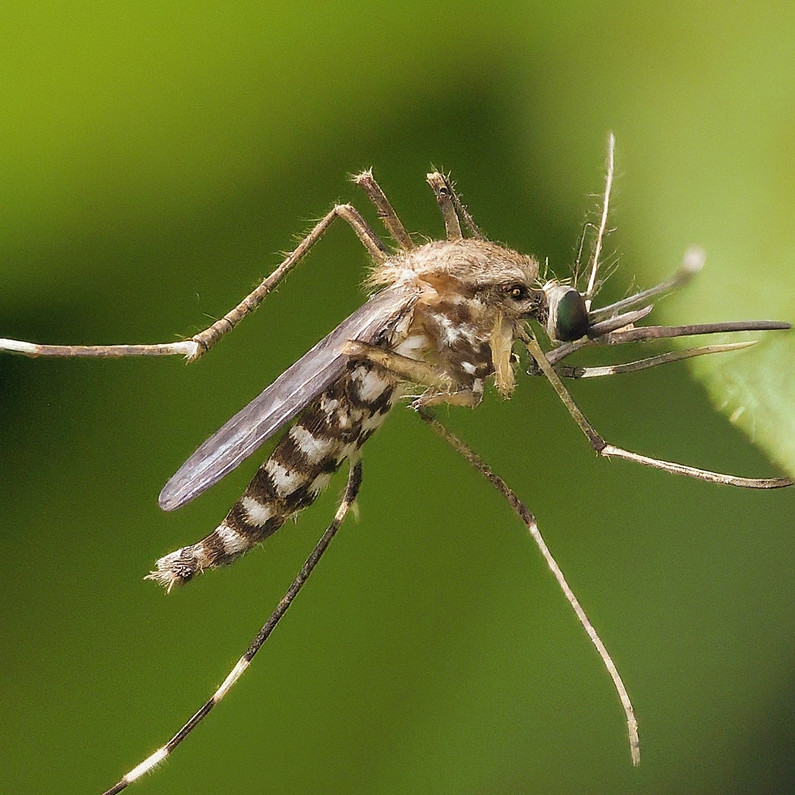Investigating Anobase: Revealing Anopheles Mosquitoes' Genetic Universe
First of all, Greetings and welcome to our blog, which focuses on examining the amazing realm of Anobase, an integrated database full of biological and genomic information about Anopheles mosquitoes. We'll go deep into Anobase in this blog, focusing on Anopheles gambiae in particular to highlight the crucial role these mosquitoes play in genetics and public health research.
Comparing Anopheles and Anobase in the World of Mosquitoes
Overview:
Since mosquitoes can spread disease, they pose a serious threat to public health in addition to being a nuisance. With a particular emphasis on two significant genera—Anobase and Anopheles—we explore the fascinating world of mosquitoes in this blog. Their traits, environments, habits, and individual roles in the spread of disease will all be discussed.

Anopheles Genomics via Anobase: A Portal
Learn about the history and goals of Anobase, a vast collection of biological and genetic information about Anopheles mosquitoes. Discover how scientists use this priceless tool to solve the puzzles surrounding the biology, genetics, and evolution of Anopheles.
Examine the relevance of Anopheles gambiae, one of the most significant mosquito species, in relation to malaria transmission and vector biology in this spotlight section. Examine Anopheles gambiae's genetic composition and how it affects disease susceptibility and vector control tactics.
Uncovering Anopheles Biology:
Explore the abundance of biological data in Anobase, including the life cycle, behavior, and ecological interactions of Anopheles mosquitoes, in addition to their anatomy and physiology. Learn about the complex processes that control mosquito biology and the effects they have on human health.
Anopheles Genetics:
Interpreting the Genome Examine the Anopheles mosquito's genomic landscape via the Anobase lens. Learn about the important genetic characteristics that influence the biology, behavior, and vector competence of the Anopheles species, including gene expression profiles, regulatory elements, and genetic variation.
Implications for Public Health:

Consider how Anobase research may affect public health campaigns to prevent mosquito-borne illnesses, especially malaria. Examine the ways in which targeted interventions, disease surveillance, and innovative vector control strategies are aided by the genetic insights obtained from Anobase.
Understanding Anobase Mosquitoes:
Known for their unique characteristics and behaviors, Anobase mosquitoes are members of the Culicidae family. These mosquitoes are typically found in tropical and subtropical areas, where they flourish in areas with ponds, marshes, and other sources of stagnant water. Anobase mosquitoes are mostly bothersome biters, in contrast to certain other species, and can be uncomfortable due to their constant buzzing and bothersome bites. They are known to concentrate on blood meals for reproduction, but they are not thought to be important disease vectors.
Features of Anopheles Mosquitoes:
In contrast, Anopheles mosquitoes are well-known for their involvement in the spread of disease, especially malaria. The distinctive resting position of these mosquitoes, in which their bodies form an angle with the surface they rest on, makes them easily identifiable. Anopheles mosquitoes are widespread throughout the world and can be found in both urban and rural settings. They can breed in a range of environments, from clear, unpolluted water bodies to dirty, stagnant pools. Female Anopheles mosquitoes are a serious public health risk in areas where malaria is endemic because they are the vectors that spread the Plasmodium malaria parasite to humans through bites.
Future Directions and Collaborations:
Find out about current initiatives to develop Anobase, including partnerships with academic institutions, global organizations, and researchers. Learn how Anobase is developing as a crucial tool for expanding our knowledge of Anopheles mosquitoes and their significance to world health.
Taking Advantage of Data-driven Solutions' Power:
Examine how Anobase promotes data-driven strategies to combat diseases spread by mosquitoes. With the ability to predict disease transmission dynamics and identify genetic markers linked to insecticide resistance, Anobase provides researchers and public health officials with practical insights that guide evidence-based interventions and policy decisions.
Connecting Science, Policy, and Community:

Learn about the cooperative efforts of scientists, policymakers, and communities to convert Anobase research findings into concrete public health initiatives. Anobase assists in the application of creative methods for disease prevention, community involvement, and mosquito control by bridging the gap between research and practice. This ultimately advances the goal of eliminating malaria and other related diseases.
Anobase's Promise: Advancing the Field of Mosquito Research:
Consider how Anobase has changed the course of mosquito research and public health in the future. Anobase continues to be at the forefront of innovation, driving discovery and accelerating progress towards a world where mosquito-borne diseases are no longer a threat to human health and well-being. This is due to the rapid advancements in genomics, data science, and interdisciplinary collaboration.
In conclusion, the mosquito genera Anobase and Anopheles each have distinctive traits and functions within the ecosystem. Anopheles mosquitoes pose a serious risk to human health as carriers of malaria and other diseases, even though Anobase mosquitoes may be more of a bother than a health concern. Comprehending the biology, behavior, and habitats of these mosquitoes is crucial for devising efficacious strategies to control them and prevent diseases. We can reduce the risks these vectors pose and safeguard public health internationally by learning more about their ecology and epidemiology.
Recent Posts
-
TDO Anopheles gambiae Recombinant Protein's Potential for Malaria Research: An Uncovered Story
Overview: With millions of cases reported each year, especially in areas where Anopheles mosqui …1st Apr 2024 -
Investigating Anobase: Revealing Anopheles Mosquitoes' Genetic Universe
First of all, Greetings and welcome to our blog, which focuses on examining the amazing realm of An …1st Apr 2024 -
Unveiling the Intriguing World of Anopheles: Exploring the Role of Mosquitoes in Public Health
Mosquitoes are perhaps one of the most notorious insects on the planet, often associated with itc …12th Mar 2024



